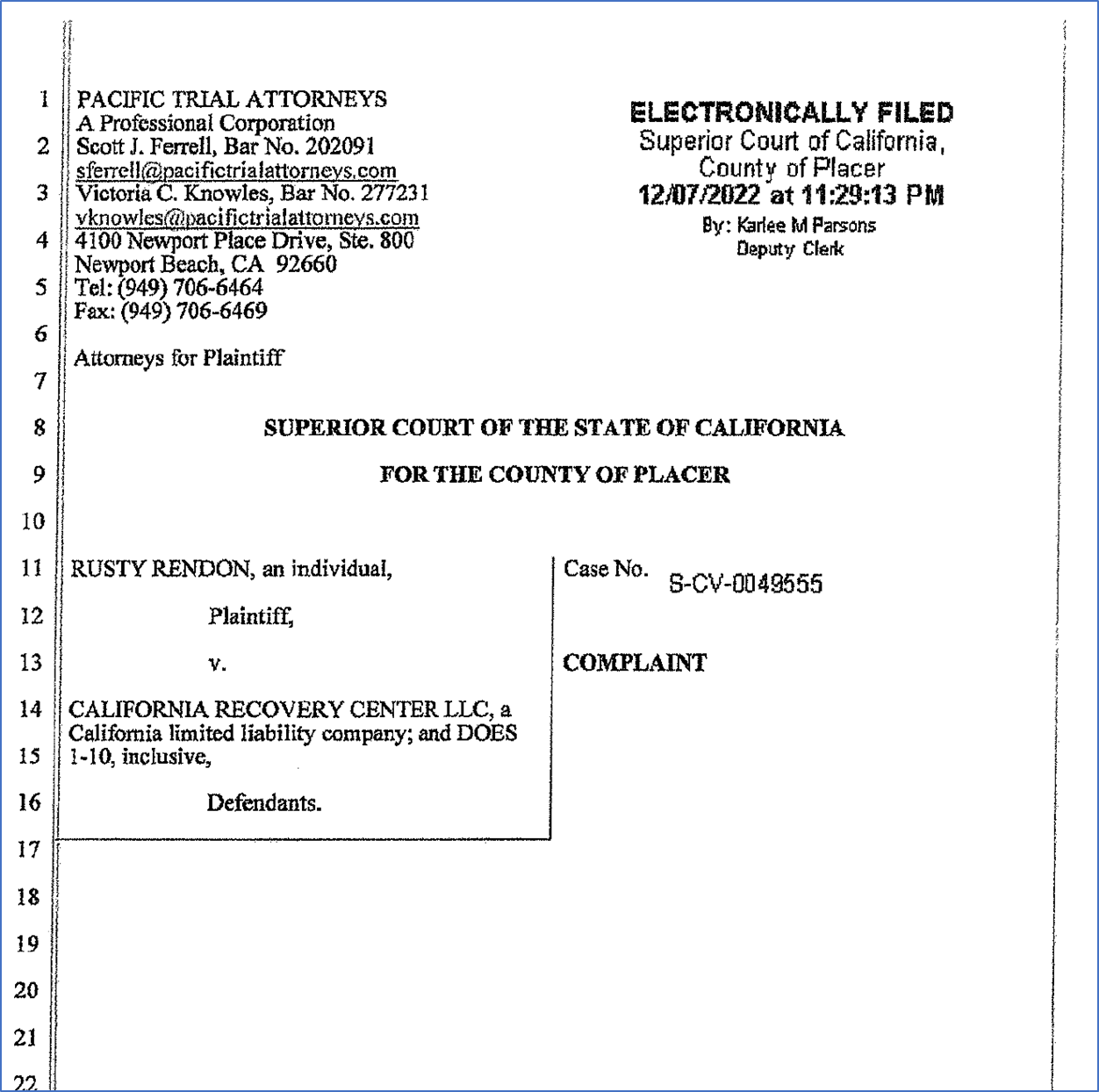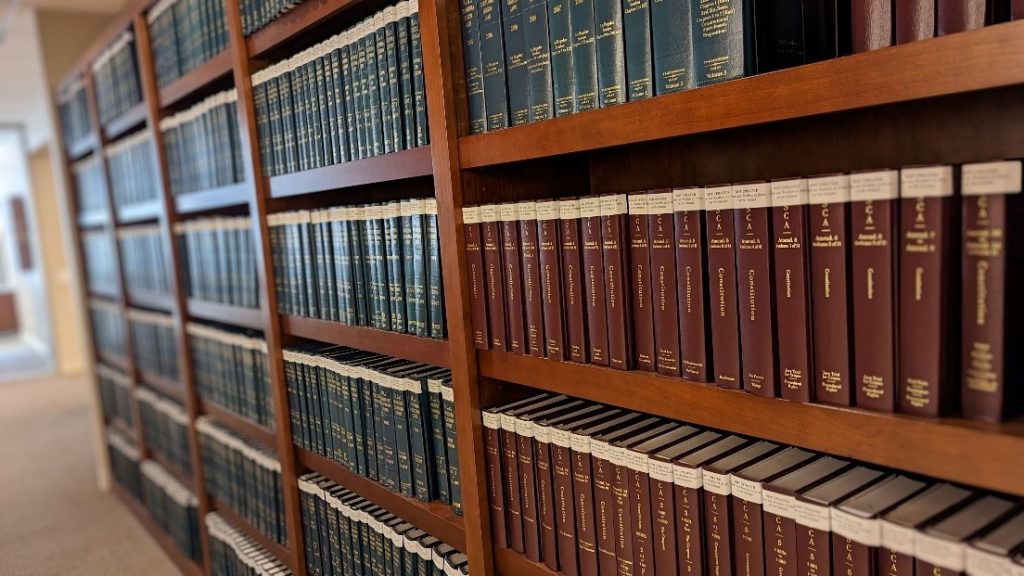Pacific Trial Attorneys, as legal counsel, have filed hundreds of lawsuits for alleged violations of the California Unruh Civil Rights Act, California Civil Code § 51 et seq. and/or the Americans with Disabilities Act (ADA).
Based in Newport Beach, CA, Pacific Trial Attorneys is a law firm representing plaintiffs in a large number of accessibility lawsuits against businesses, often focused on website issues.
Generally, these lawsuits are filed by serial plaintiffs through their attorneys. Serial plaintiffs file numerous (sometimes hundreds) of lawsuits, often similar in nature. Pacific Trial Attorneys has historically filed such litigation on behalf of one of these plaintiffs:
- Cheryl Thurston
- Brittany Mejico
- Dominick Martin
- Rusty Rendon
- Luis Licea
- Isabel Rendon
- Drew Hunthausen
- Walter Mitchell
- Anita Ogletree
These lawsuit show no signs of stopping. Each lawsuit includes a summons as a cover page informing you that you have been sued and requiring a response. Next is the complaint itself, which generally looks something like this:

The complaints have often stated in the first paragraph, “As recently recognized by the Supreme Court of the United States, ‘The Internet’s prevalence and power have changed the dynamics of the national economy.'”
 ADA Compliance and Defense Blog
ADA Compliance and Defense Blog


 Recently, JMBM
Recently, JMBM 
 Special districts are independent, governmental agencies or entities established to deliver specialized services to the community, including health, safety, and well-being. Think fire departments, sewer/water districts, and parks departments.
Special districts are independent, governmental agencies or entities established to deliver specialized services to the community, including health, safety, and well-being. Think fire departments, sewer/water districts, and parks departments.